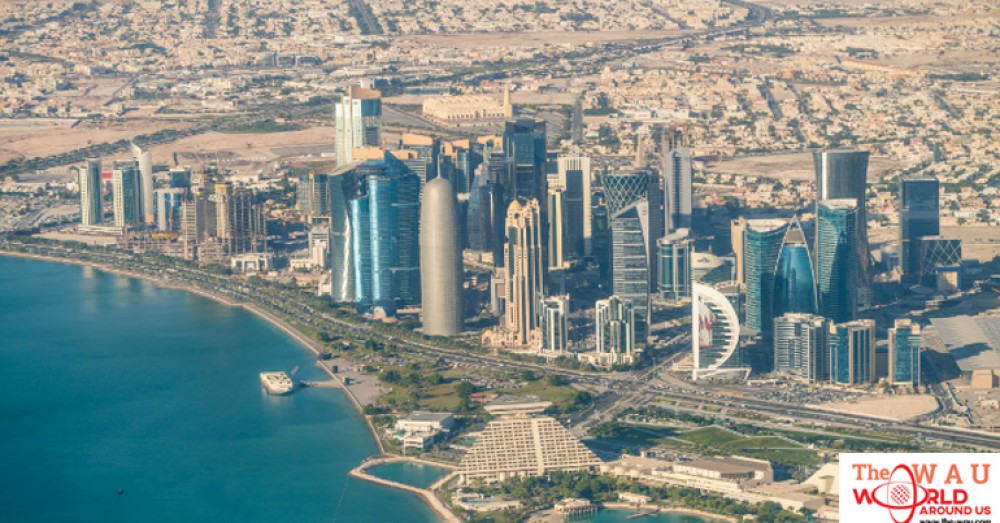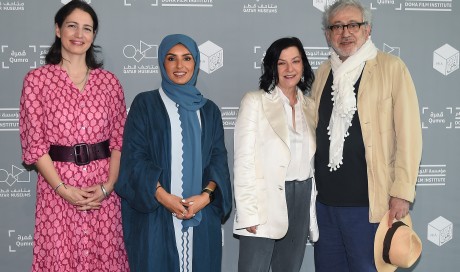When the Anti-Terror Quartet (ATQ)—Bahrain, Egypt, Saudi Arabia, and the United Arab Emirates (UAE)—severed official diplomatic and economic ties with Qatar on June 5, 2017, the blockading countries sought to pressure Qatar into capitulating to the ATQ’s demands. From the Saudi/UAE-led bloc’s vantage point, various dimensions of Doha’s foreign policy had undermined regional stability since the mid-1990s, when Emir Hamad had consolidated power following a bloodless palace coup.
Several of Qatar’s fellow Gulf Cooperation Council (GCC) members, plus Egypt, opposed the coup and unsuccessfully sought to reverse it via a counter-coup the following year. Thus, the purpose of the blockade was to achieve what three of the four ATQ members had sought from the 2014 GCC spat to bring Doha into the Arabian fold as a more ‘traditional GCC state’ within Riyadh and Abu Dhabi’s spheres of geopolitical influence.
Nonetheless, ten months into the GCC crisis, efforts to change Qatari foreign policy have proven futile. Qatar’s relations with an array of countries in the Middle East and beyond have evidently enabled the Arabian Gulf emirate to weather the blockade without making concessions to the ATQ.
Unquestionably, Qatar’s relationship with a host of actors in the Middle East and North Africa (MENA)—chiefly Iran and Turkey, but also Algeria, Kuwait, Morocco, Oman, Sudan, and Tunisia—have enabled Doha to circumvent the negative impact of the blockade and emerge resilient.
Yet Qatar’s allies, partners, and friends beyond the MENA region have also played pivotal roles in the story of how Doha has managed to adapt to new realities in the Arabian Gulf without making humiliating concessions to its larger neighbors in the ATQ. This article will examine how Qatar’s deep ties with European and Asian countries have shaped the GCC crisis by undermining the Saudi/UAE-led bloc’s efforts to isolate Doha both regionally and globally.
Diversification of economic and security relations
Before becoming a wealthy petro-state during the mid-1990s, Qatar, like the other smaller GCC states, had conducted a foreign policy under Saudi Arabia’s thumb. Beginning with the formation of the GCC in 1981 to the replacement of Emir Khalifa bin Hamad Al Thani in 1995, Doha aligned with Riyadh on virtually all major regional issues.
As conservative Wahhabi countries, Qatar and Saudi Arabia were united in opposition to the expansion of Communism, Marxism, and Soviet influence in the Middle East. Both Doha and Riyadh backed Baghdad in the Iran-Iraq war (1980-1988) and both GCC states deployed forces to fight within the US-led military campaign to eject Saddam Hussein’s forces from Kuwait during the first Gulf War in 1991.
Yet, like the UAE, Qatar’s economic ascendancy in the 1990s enabled Doha to seek greater geopolitical autonomy from Riyadh and to assert a more independent foreign policy in the Arab world. At this juncture, the tensions between Qatar and some of its fellow Arabian monarchies began to take form, ultimately shaping Doha’s relationship with other GCC capitals in ways that would later lead to the ongoing Gulf dispute.
Put simply, Qatar’s prosperity and its small geography and population, coupled with Doha’s partnership with the world’s sole hegemon of the immediate post-Cold War era—the United States—empowered the Arabian Gulf emirate to foster ties with anti-status quo forces in the region without fears of internal blowback.
Such regional actors included a host of Islamists—chiefly Muslim Brotherhood figures including Yusuf bin al-Qaradawi—who made Doha their new home after fleeing anti-Islamist crackdowns in other Arab states such as Egypt, Libya, and Mauritania.
The ATQ countries saw Qatar’s support for various Islamist factions in the MENA region as a grave threat to their interests, especially in the GCC, where monarchs perceived the Muslim Brotherhood as a major challenge to their legitimacy.
As early as the late 1990s, Qatar’s friendly relationship with Sudan, governed by a pro-Muslim Brotherhood regime, created substantial friction in Cairo-Doha relations, particularly given that Egyptian officials accused Khartoum of plotting the assassination of Hosni Mubarak in the Ethiopian capital Addis Ababa in 1995 and sponsoring Islamist groups in Egypt.
Yet such tensions between the ATQ countries on one side, and Qatar on the other, mostly stayed below the surface until the Arab Spring uprisings of 2011. Qatar angered most of its Arabian neighbors to a significant degree by siding with revolutionary actors seeking to topple GCC-backed regimes in the MENA region. The Bahraini, Emirati, and Saudi leadership understood the real potential for Arab Spring activism to inspire revolts in the Gulf which did occur in Bahrain and, to lesser extents, in all other GCC states (save Qatar and the UAE).
Growing concerns about the ‘Qatari threat’ manifested in the GCC row of 2014, during which the ATQ’s Arabian Gulf members withdrew their ambassadors to Doha from March to November of that year. The diplomatic spat was aimed at pressuring Qatar into changing its foreign policy to comply with the 13 demands later issued by the Saudi/UAE-led bloc in 2017.
Although Saudi Arabia did not close its border with Qatar in 2014, officials in Riyadh threatened to do so, prompting Doha to plan for a scenario whereby the ATQ countries would punish Qatar for its independent foreign policy.
Fears of future Saudi/Emirati encroachment on Qatar’s sovereignty were unsettling, given the extent to which Doha relied on the Qatari-Saudi border for trade, chiefly of food imports, as Qatar produces nearly none of its own food.
...[ Continue to next page ]
Share This Post












